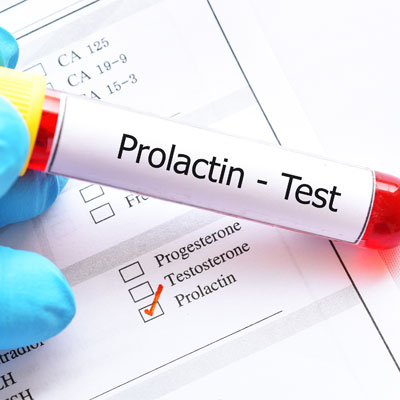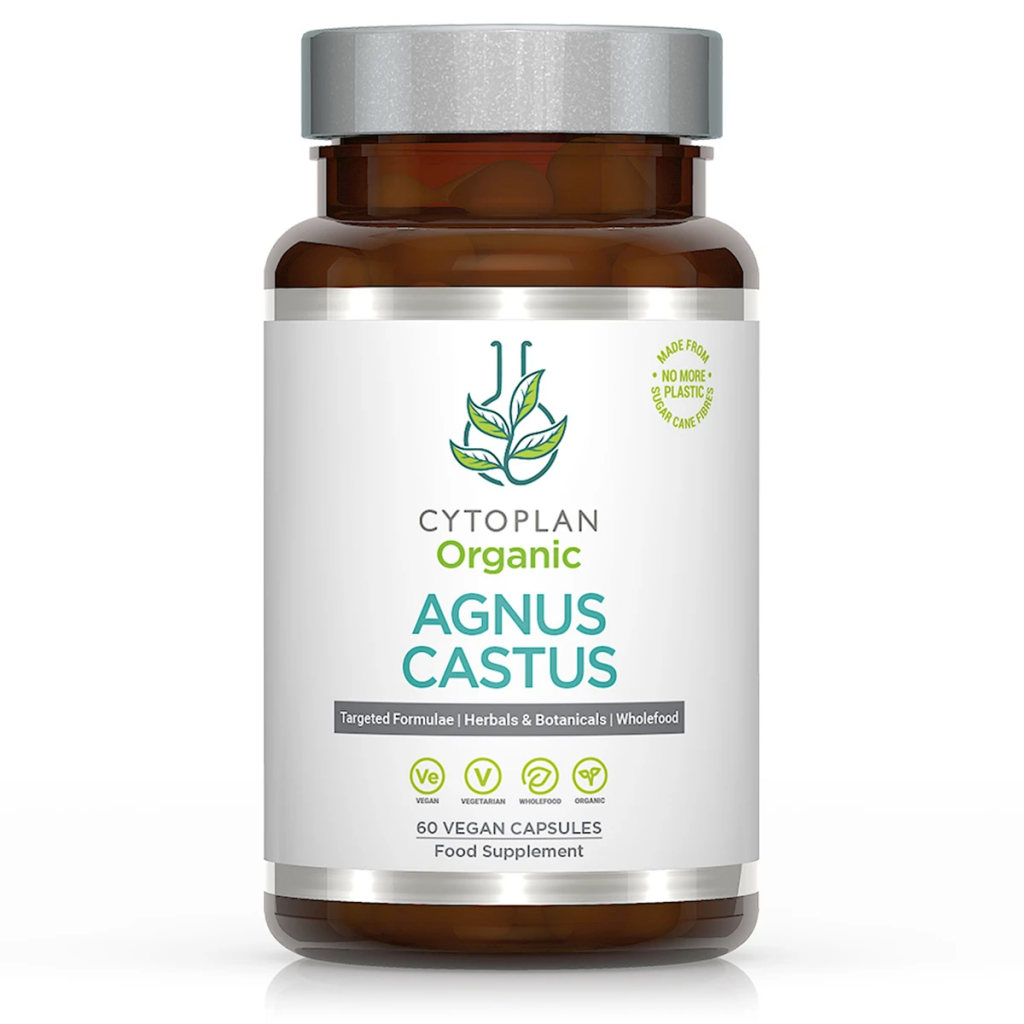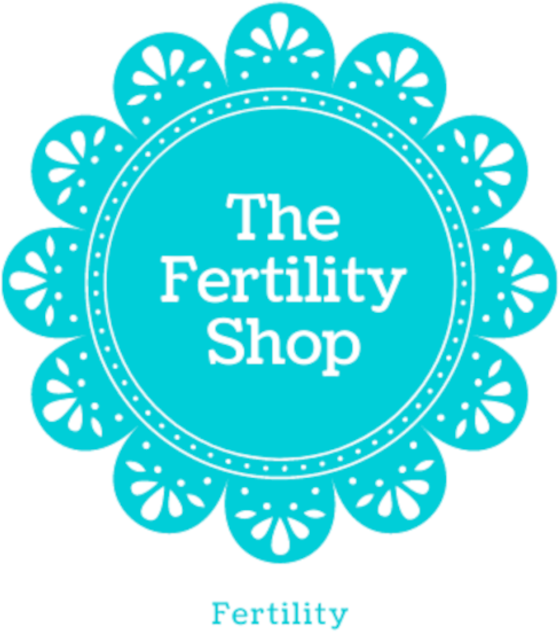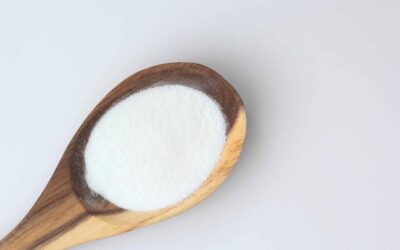
WHAT IS PROLACTIN?
Prolactin is a hormone named originally after its function to promote milk production (lactation) in mammals in response to the suckling of young after birth. It has since been shown to have more than 300 functions in the body. These can be divided into a number of areas: reproductive, metabolic, regulation of fluids (osmoregulation), regulation of the immune system
(immunoregulation) and behavioral functions.
In humans, prolactin is produced both in the front portion of the pituitary gland (anterior pituitary gland) and in a range of sites elsewhere in the body. Lactotroph cells in the pituitary gland produce prolactin, where it is stored and then released into the bloodstream. Human prolactin is also produced in the uterus, immune cells, brain, breasts, prostate, skin and adipose tissue.
How is Prolactin Controlled?
One of the main regulators of the production of prolactin from the pituitary gland is the hormone called dopamine, which is produced by the hypothalamus, the part of the brain directly above the pituitary gland. Dopamine restrains prolactin production, so the more dopamine there is, the less prolactin is released. Prolactin itself enhances the secretion of dopamine, so this creates a negative feedback loop.
Oestrogen is another key regulator of prolactin and has been shown to increase the production and secretion of prolactin from the pituitary gland. This what happens during and after pregnancy, which makes sense, since a higher level of circulating prolactin is needed to cause lactation to start.
In addition to dopamine and oestrogen, a whole range of other hormones can both increase and decrease the amount of prolactin released in the body, with some examples being thyrotropin releasing hormone, oxytocin and anti-diuretic hormone.
What happens if you have too much prolactin?
The condition of having too much prolactin circulating in the blood is called hyperprolactinemia. The most common causes of hyperprolactinemia include:
- Pregnancy,
- Medications that reduce dopamine action in the body
- Underachieve thyroid
- Benign pituitary tumors (known as prolactinomas)
- High Oestrogen levels, either endogenous or from the pill
- Medications such as antidepressants , anti-psychotics, and stomach acid medication
- Undereating including anorexia nervosa
- Stress
- Alcohol
Symptoms of high prolactin (hyperprolactinemia) include:
- Unwanted milk production
- Irregular periods or no periods
- Premenstrual mood symptoms,
- Loss of libido,
- Headaches
- Breast pain,
- Vaginal dryness,
- Acne
- Hirsutism or facial hair
- Short Luteal Phase
High prolactin is one of several causes of excess androgens and can be mistaken for polycystic ovary syndrome or PCOS.
How to diagnose high prolactin
Normal prolactin in a non-lactating woman is less than 500 mIU/L (23 ng/mL). Optimal prolactin is less than 300mI U/L (14 ng/mL).

If you get a high prolactin result, first consider if it could be temporarily or falsely elevated due to stress, exercise, or eating. To be accurate, prolactin should be tested under the following conditions:
- Early in the follicular phase of the menstrual cycle
- Between 8 a.m. and 12 p.m.
- Fasting
- Hydrated
- Not directly after exercise or sex
- Relaxed
- Not on hormonal birth control.
If your prolactin is elevated on at least two occasions, the next step is to identify the underlying
cause with the help of your doctor.
Where to get your prolactin levels checked
Prolactin can be checked easily with a simple blood test. If your GP or fertility clinic runs some blood tests and you have any of the above symptoms, request that they also check your prolactin level. You may have some resistance from your GP because the NICE guidelines recommend prolactin only be checked in women with a known ovulatory disorder, unusual production of breast milk or a pituitary tumor.
If your doctor is reluctant to test your prolactin level, you can get you levels checked here at Medichecks who offer a simple finger-prick test to check prolactin.
Treatments for High Prolactin levels
It is rare, but possible for hyperprolactinaemia to be caused by a tiny tumour on the pituitary gland – these tumours are rare (approximately 4 people out of every 10,000), usually benign, and their prolactin-generating effect can easily be controlled with medication. If your prolactin level is very high, your doctor should refer you for an MRI to check whether you have any sign of a nodule or small tumour on your pituitary gland. With strongly elevated prolactin due to a prolactinoma, the best treatment can be the medication bromocriptine or cabergoline.
For other causes, the best treatment is to try to correct the underlying problem such as taking thyroid hormone to correct hypothyroidism or finding an alternative to stomach acid medication.
For mildly elevated prolactin in the range of 300 mIU/L to 500 mIU/L, consider the following natural treatments including Vitex/Angus Castus
� Tip: Because vitex/Angus Castus can mask the symptoms of a prolactinoma, check with your doctor before trying natural treatment.
Natural treatments to lower prolactin
- Reduce alcohol, especially beer, because barley stimulates prolactin. That’s why beer was traditionally prescribed to increase milk supply. Do not exceed four alcoholic drinks per week.
- Address any underlying issue with thyroid or undereating.
- Reduce stress with yoga, Acupuncture ,meditation, and long slow walks.
- Consider taking vitamin B6 which lowers prolactin by increasing the neurotransmitter dopamine.
- Consider taking the herbal medicine Vitex agnus-castus (also called chaste tree or chaste berry) which lowers prolactin. The exact dose depends on the formulation of the product.
- Read Blog: Angus Castus/Vitex for hormonal imbalances
- Unknown Fact Regular running without a supportive bra can cause sufficient ‘jiggling’ to cause a higher prolactin level, as can excessive ‘nipple action’ (if you are having a blood test to check prolactin, avoid going for a run or stimulating your nipples for a day or two before your test).

Organic Angus Castus (Vitex) 60 Capsules
Agnus Castus is a herb widely used to support hormone balance and female health. Our product provides 400mg of Agnus Castus per vegan capsule and contains the whole herb in a powder form. It has been certified organic by the Soil Association.






0 Comments